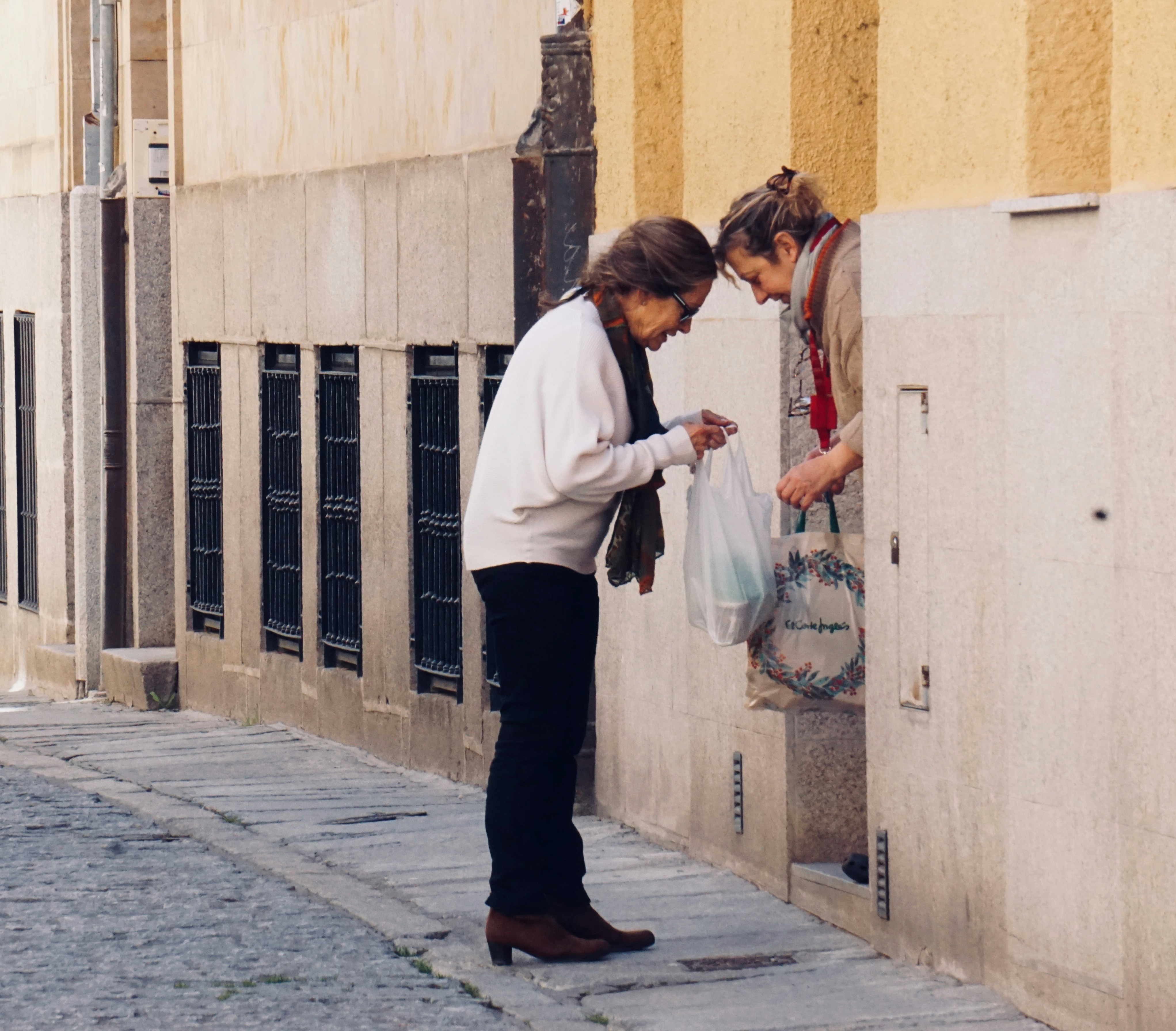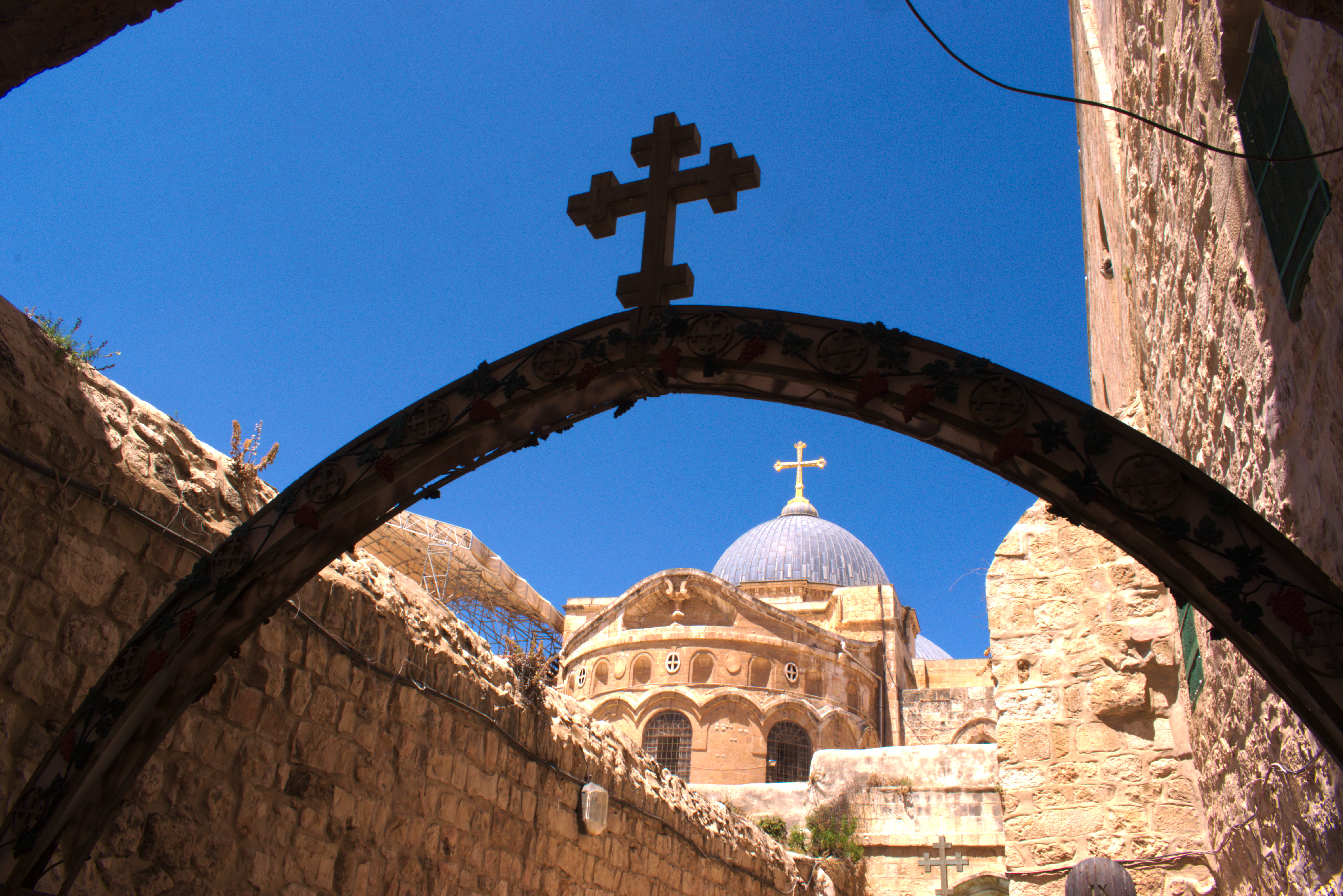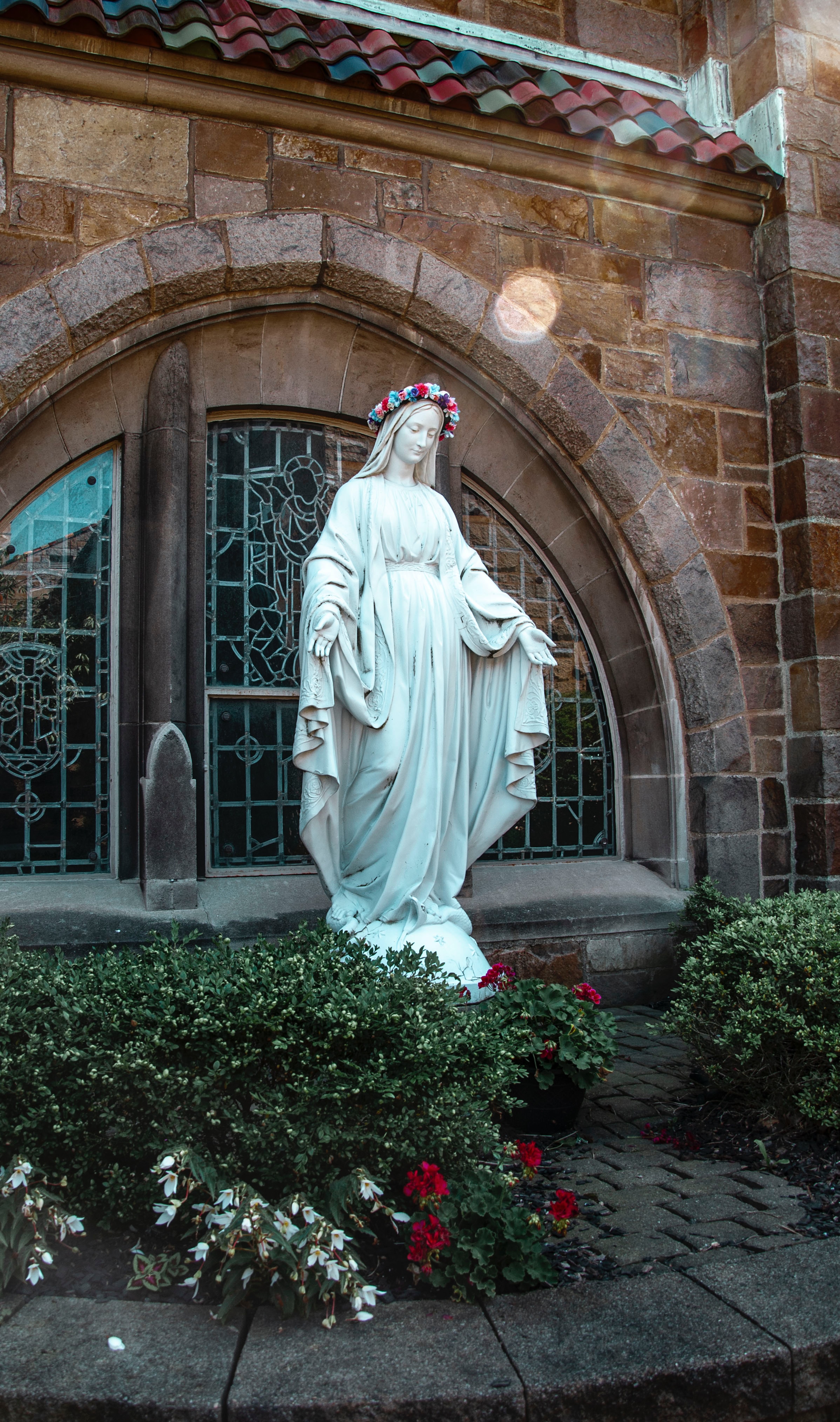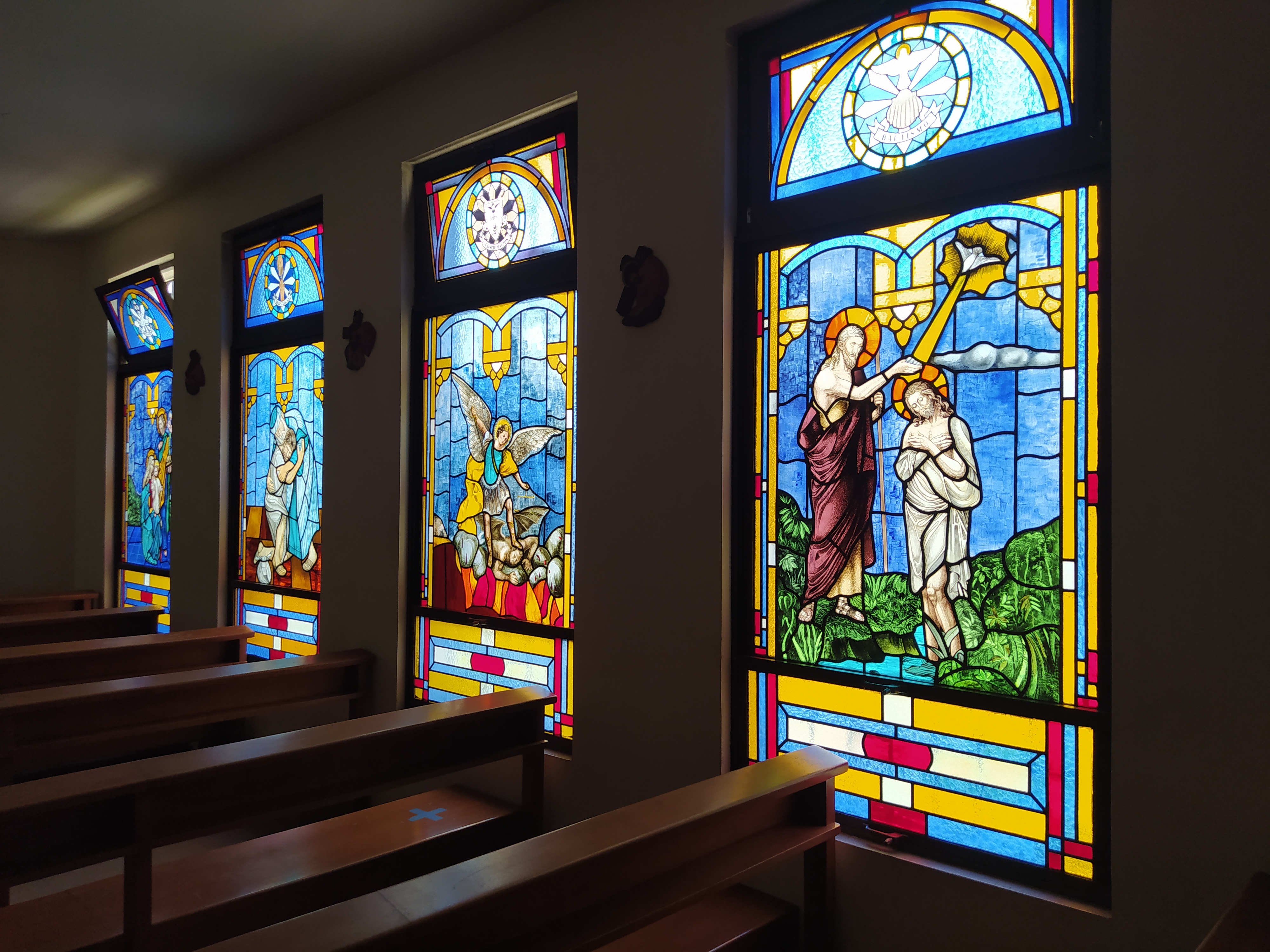** This reflection has been reposted from Diocesan Archives.**
Does your outside match your inside? Actions, as they say, speak far louder than words. We reveal so much more of ourselves by our behavior than from what we say. However, even if we sometimes fool the world, we can never hide the truth from God.
No wonder today’s Gospel calling out the Pharisees is paired with Psalm 128, particularly the responsorial refrain, “Blessed are those who fear the Lord.” God’s knowledge of us goes so far beyond what we can imagine, for He has created us. He knows every hair on our heads, our comings in our goings, and our inner beings. What good does it do us to even attempt to hide from God? What objective do we hope to accomplish? If we believe in Him, should not our whole being become a symphony of pleasing Him? Every moment in harmony with the life of grace and holiness His love calls us to?
Through sin and temptation, we can fail, we can fall, we can even attempt to evade, but regardless of what we do, because of what He did, we are never lost. Even if we become unwittingly whitewashed tombs, God is there to rescue our souls with the vivid color of His grace. On the outside, a perfectly crafted faithful avatar to show the world, but inside we rail against many of God’s teachings.
Jesus calls the Pharisees “Hypocrites”. Looking at your life, does this harsh term apply to who you have allowed yourself to be? Do your Christian insides match your outsides? You search me, and you know me, Lord. You know there are days I struggle to attend Mass or even to pray. You know, my battle with gossip and judging, and all the sins I continually bring to my Confessor. You know I doubt, fear, and forget some days to bring these weaknesses to you in prayer.
Loving God, never leave me without hope. “Whoever keeps the word of Christ, the love of God is truly perfected in him” (Alleluia verse). May you find more of you and less of me the next time you search me, God. May my insides match more closely the outside, especially that image of me who longs to love and live like you.
¿Tu exterior coincide con tu interior? Las acciones, como suele decirse, hablan mucho más fuertes que las palabras. Revelamos mucho más de nosotros mismos a través del comportamiento que por lo que decimos. Sin embargo, incluso si a veces engañamos al mundo, nunca podremos ocultar la verdad a Dios.
No es de extrañar que el Evangelio de hoy que llama a los fariseos esté emparejado con el Salmo 128, particularmente el estribillo responsorial: “Bienaventurados los que temen al Señor”. El conocimiento que Dios tiene de nosotros va mucho más allá de lo que podemos imaginar, porque Él nos ha creado. Él conoce cada cabello de nuestra cabeza, nuestras idas y venidas y nuestro ser interior. ¿De qué nos sirve siquiera intentar escondernos de Dios? ¿Qué objetivo esperamos lograr? Si creemos en Él, ¿no debería todo nuestro ser convertirse en una sinfonía para agradarle y cada momento en armonía con la vida de gracia y santidad a la que Su amor nos llama?
A través del pecado y la tentación, podemos fallar, podemos caer, incluso podemos intentar evadirlo, pero independientemente de lo que hagamos, debido a lo que Él hizo, nunca estamos perdidos. Incluso si sin darnos cuenta nos convertimos en tumbas blanqueadas, Dios está ahí para rescatar nuestras almas con el color vívido de Su gracia. Por fuera, un avatar fiel perfectamente diseñado para mostrárselo al mundo, pero por dentro criticamos muchas de las enseñanzas de Dios. Jesús llama a los fariseos “hipócritas”. Mirando a tu vida, ¿se aplica este duro término a quién te has permitido ser? ¿Tu interior cristiano coincide con tu exterior?
Tú me buscas y me conoces, Señor. Sabes que hay días en los que me cuesta asistir a misa o incluso orar. Ya sabes mi batalla contra los chismes y los juicios, y todos los pecados que continuamente llevo al confesionario. Sabes que dudo, temo y me olvido algunos días de traerte estas debilidades en oración.
Amado Dios, nunca me dejes sin esperanza. “En aquel que cumple la palabra de Cristo el amor de Dios ha llegado a su plenitud.” (Aclamación antes del Evangelio). Que encuentres más de ti y menos de mí la próxima vez que me busques, Dios. Que mi interior coincide más con el exterior, especialmente con ese lado de mí que anhela amar y vivir como tú.
 Allison Gingras ( www.ReconciledToYou.com ) — Shares her love of the Catholic Faith with stories, laughter, and honesty as experienced in the ordinary of life! Her writing includes Encountering Signs of Faith (Ave Maria Press) and the Stay Connected Journals for Women (OSV). Allison is a Catholic Digital Media Specialist for Family Rosary, Catholic Mom, and the Fall River Diocese. She hosts A Seeking Heart podcast and is co-host of the Catholic Momcast podcast.
Allison Gingras ( www.ReconciledToYou.com ) — Shares her love of the Catholic Faith with stories, laughter, and honesty as experienced in the ordinary of life! Her writing includes Encountering Signs of Faith (Ave Maria Press) and the Stay Connected Journals for Women (OSV). Allison is a Catholic Digital Media Specialist for Family Rosary, Catholic Mom, and the Fall River Diocese. She hosts A Seeking Heart podcast and is co-host of the Catholic Momcast podcast.Feature Image Credit: Adam Kring, unsplash.com/photos/closed-door-DZ_qUcUrOXg
The views and opinions expressed in the Inspiration Daily blog are solely those of the original authors and contributors. These views and opinions do not necessarily represent those of Diocesan, the Diocesan staff, or other contributors to this blog.











